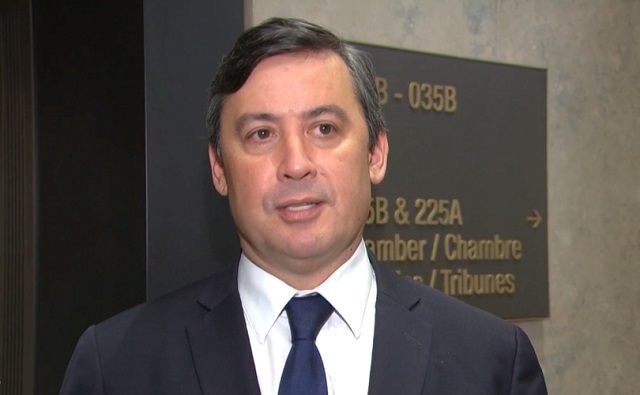Community
Red Deer Public Schools Kindergarten Registration On Now
Kindergarten Registration Starts On Line and In Person – Monday, January 9, 2017 at 8:15 AM
The first day of Kindergarten is a memorable day for children and their parents. Red Deer Public Schools is getting ready to welcome our Kindergarten class of 2017. Registration for Kindergarten and Pre-Kindergarten programming begins Monday, January 9, 2017 both online and at elementary schools across the city.
Kindergarten is the start of an exciting journey of learning and discovery. It’s a time to make new friends. Play-based exploration builds self-awareness and confidence. Kindergarten also provides support for parents as well as eases the transition from Kindergarten to grade 1.
New this year… families will be able to register their children for Kindergarten online starting at 8:15 AM on Monday, January 9. We also welcome parents to stop in at their neighbourhood school to register their child starting Monday morning as well. For online registration, families simply have to go to the district or any school website and click on Student Registration under quick links starting at 8:15 AM.
Another new feature… for September 2017 will be an increase in the number of schools offering Full-Day Kindergarten program. Rather than going to morning or afternoon classes five days a week, the full-day option has students attending classes all day Monday and Wednesday as well as alternating Fridays or Tuesday and Thursdays and alternating Fridays throughout the year. This option will be available at the following elementary schools:
- Annie L Gaetz
- Barrie Wilson
- Don Campbell
- Gateway Christian
- Mattie McCullough
- Oriole Park
In addition to English Kindergarten program families will also have the choice of language options for Kindergarten including French and Spanish offered at:
- French Immersion: Barrie Wilson, Mountview, Oriole Park
- Spanish Bilingual: Escuela Vista Grande (former Grandview Elementary)
The District also provides outstanding Pre-Kindergarten programming for eligible children age 3 and 4 with identified special needs. The program provides the support students need to ensure they start school ready to learn. Information is available at our elementary schools or by contacting Student Services at 403-342-3703.
We are excited to welcome children to Kindergarten in Red Deer Public Schools. Attending Kindergarten provides children with an opportunity to learn about their world alongside other children. By attending Kindergarten programs, children develop a range of important life skills and are ready to start grade one.
Further information on Kindergarten and Pre-Kindergarten programming is available on the main website for Red Deer Public Schools at http://www.rdpsd.ab.ca/
Community
SPARC Red Deer – Caring Adult Nominations open now!
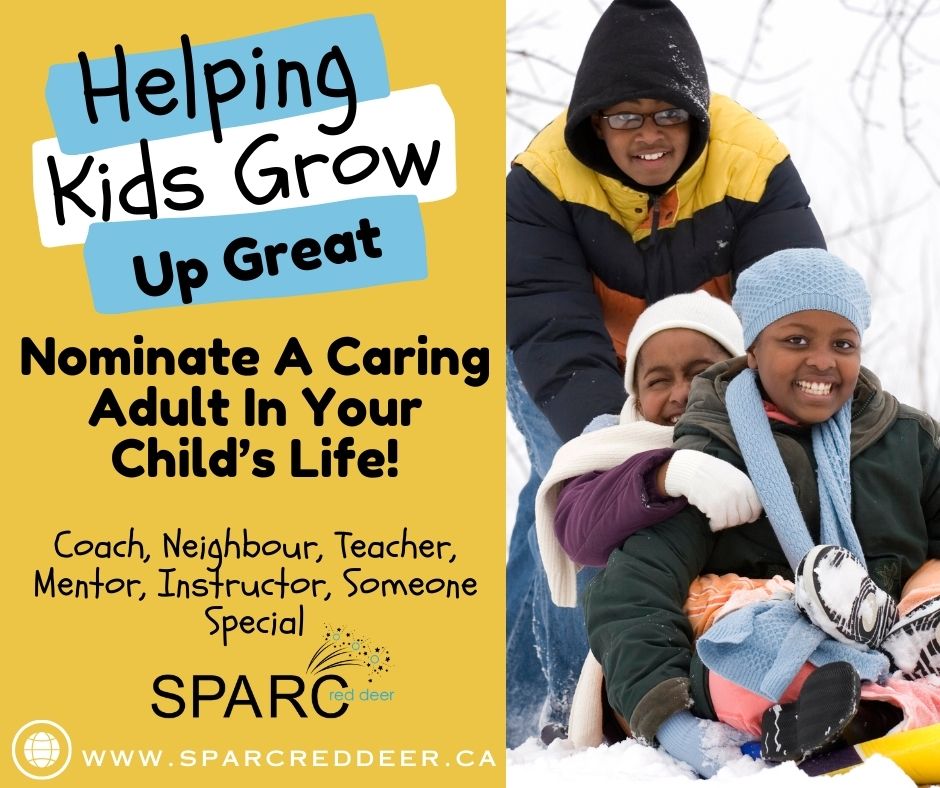
Red Deer community let’s give a round of applause to the incredible adults shaping the future of our kids. Whether they’re a coach, neighbour, teacher, mentor, instructor, or someone special, we want to know about them!
Tell us the inspiring story of how your nominee is helping kids grow up great. We will honour the first 100 local nominees for their outstanding contributions to youth development. It’s time to highlight those who consistently go above and beyond!
To nominate, visit Events (sparcreddeer.ca)

Addictions
‘Harm Reduction’ is killing B.C.’s addicts. There’s got to be a better way

From the Frontier Centre for Public Policy
B.C. recently decriminalized the possession of small amounts of illicit drugs. The resulting explosion of addicts using drugs in public spaces, including parks and playgrounds, recently led the province’s NDP government to attempt to backtrack on this policy
Fuelled by the deadly manufactured opioid fentanyl, Canada’s national drug overdose rate stood at 19.3 people per 100,000 in 2022, a shockingly high number when compared to the European Union’s rate of just 1.8. But national statistics hide considerable geographic variation. British Columbia and Alberta together account for only a quarter of Canada’s population yet nearly half of all opioid deaths. B.C.’s 2022 death rate of 45.2/100,000 is more than double the national average, with Alberta close behind at 33.3/100,00.
In response to the drug crisis, Canada’s two western-most provinces have taken markedly divergent approaches, and in doing so have created a natural experiment with national implications.
B.C. has emphasized harm reduction, which seeks to eliminate the damaging effects of illicit drugs without actually removing them from the equation. The strategy focuses on creating access to clean drugs and includes such measures as “safe” injection sites, needle exchange programs, crack-pipe giveaways and even drug-dispensing vending machines. The approach goes so far as to distribute drugs like heroin and cocaine free of charge in the hope addicts will no longer be tempted by potentially tainted street drugs and may eventually seek help.
But safe-supply policies create many unexpected consequences. A National Post investigation found, for example, that government-supplied hydromorphone pills handed out to addicts in Vancouver are often re-sold on the street to other addicts. The sellers then use the money to purchase a street drug that provides a better high — namely, fentanyl.
Doubling down on safe supply, B.C. recently decriminalized the possession of small amounts of illicit drugs. The resulting explosion of addicts using drugs in public spaces, including parks and playgrounds, recently led the province’s NDP government to attempt to backtrack on this policy — though for now that effort has been stymied by the courts.
According to Vancouver city councillor Brian Montague, “The stats tell us that harm reduction isn’t working.” In an interview, he calls decriminalization “a disaster” and proposes a policy shift that recognizes the connection between mental illness and addiction. The province, he says, needs “massive numbers of beds in treatment facilities that deal with both addictions and long-term mental health problems (plus) access to free counselling and housing.”
In fact, Montague’s wish is coming true — one province east, in Alberta. Since the United Conservative Party was elected in 2019, Alberta has been transforming its drug addiction policy away from harm reduction and towards publicly-funded treatment and recovery efforts.
Instead of offering safe-injection sites and free drugs, Alberta is building a network of 10 therapeutic communities across the province where patients can stay for up to a year, receiving therapy and medical treatment and developing skills that will enable them to build a life outside the drug culture. All for free. The province’s first two new recovery centres opened last year in Lethbridge and Red Deer. There are currently over 29,000 addiction treatment spaces in the province.
This treatment-based strategy is in large part the work of Marshall Smith, current chief of staff to Alberta’s premier and a former addict himself, whose life story is a testament to the importance of treatment and recovery.
The sharply contrasting policies of B.C. and Alberta allow a comparison of what works and what doesn’t. A first, tentative report card on this natural experiment was produced last year in a study from Stanford University’s network on addiction policy (SNAP). Noting “a lack of policy innovation in B.C.,” where harm reduction has become the dominant policy approach, the report argues that in fact “Alberta is currently experiencing a reduction in key addiction-related harms.” But it concludes that “Canada overall, and B.C. in particular, is not yet showing the progress that the public and those impacted by drug addiction deserve.”
The report is admittedly an early analysis of these two contrasting approaches. Most of Alberta’s recovery homes are still under construction, and B.C.’s decriminalization policy is only a year old. And since the report was published, opioid death rates have inched higher in both provinces.
Still, the early returns do seem to favour Alberta’s approach. That should be regarded as good news. Society certainly has an obligation to try to help drug users. But that duty must involve more than offering addicts free drugs. Addicted people need treatment so they can kick their potentially deadly habit and go on to live healthy, meaningful lives. Dignity comes from a life of purpose and self-control, not a government-funded fix.
Susan Martinuk is a senior fellow at the Frontier Centre for Public Policy and author of the 2021 book Patients at Risk: Exposing Canada’s Health Care Crisis. A longer version of this article recently appeared at C2CJournal.ca.
-

 Brownstone Institute2 days ago
Brownstone Institute2 days agoDeborah Birx Gets Her Close-Up
-
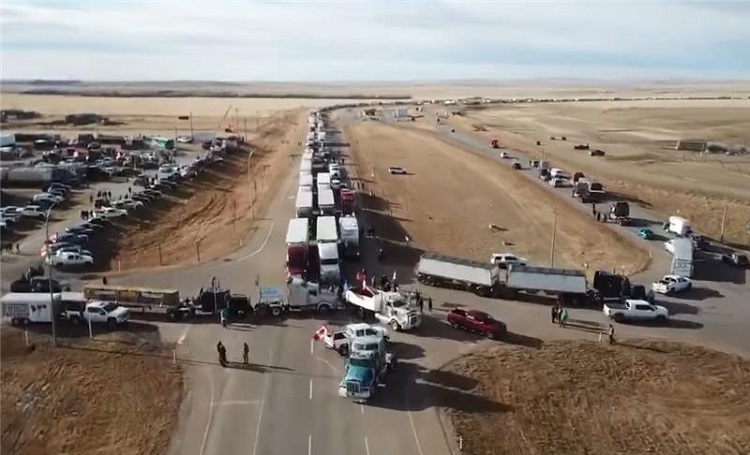
 Alberta2 days ago
Alberta2 days agoCoutts Three verdict: A warning to protestors who act as liaison with police
-

 Alberta2 days ago
Alberta2 days agoAlberta moves to protect Edmonton park from Trudeau government’s ‘diversity’ plan
-

 Business2 days ago
Business2 days agoMaxime Bernier warns Canadians of Trudeau’s plan to implement WEF global tax regime
-
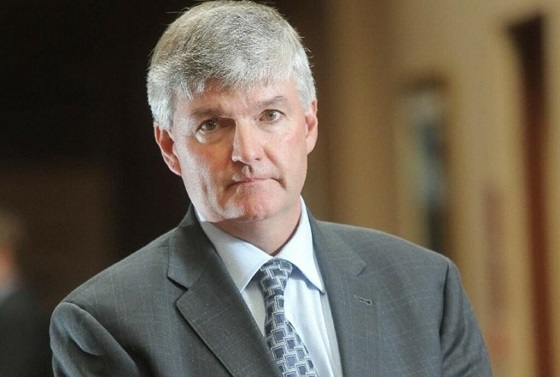
 Energy2 days ago
Energy2 days agoCanada Has All the Elements to be a Winner in Global Energy — Now Let’s Do It
-
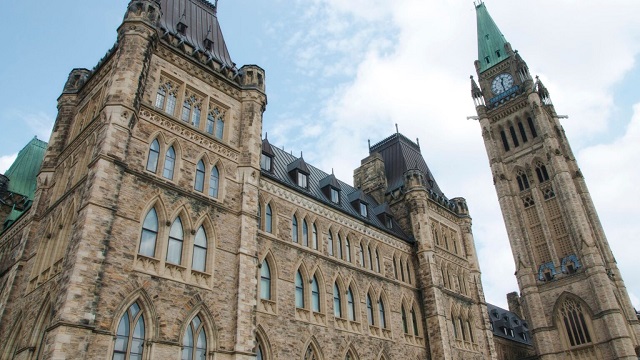
 Freedom Convoy2 days ago
Freedom Convoy2 days agoOttawa spent “excessive” $2.2 million fighting Emergencies Act challenge
-

 Brownstone Institute2 days ago
Brownstone Institute2 days agoA Coup Without Firing a Shot
-

 Bruce Dowbiggin2 days ago
Bruce Dowbiggin2 days agoCoyotes Ugly: The Sad Obsession Of Gary Bettman





